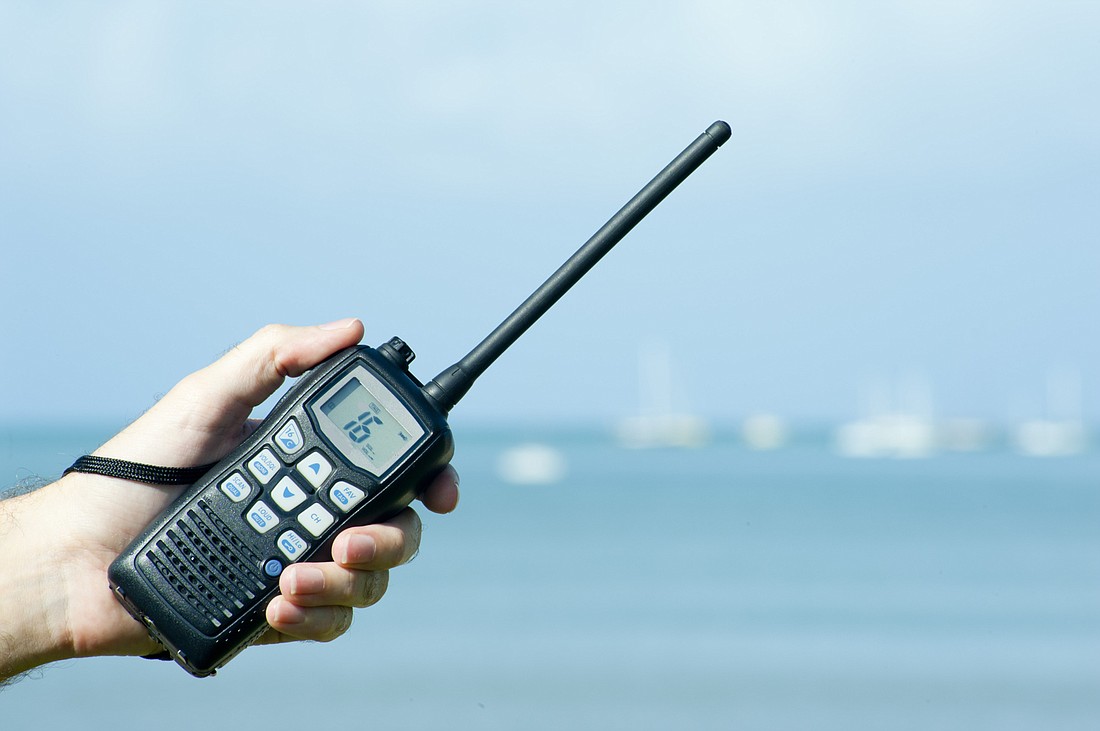- January 17, 2025
-
-
Loading

Loading

It goes without saying that open lines of communication with residents is especially critical during disasters and emergencies, but what is lesser known is that Flagler County Emergency Management trains regularly with seemingly old-school methodology for cutting-edge results.
“Staff is working with volunteers, amateur radio operators, neighboring Emergency Management agencies (currently St. Johns, Volusia, Marion, and Putnam), and the Florida Division of Emergency Management to test multiple backup communication tools,” said Emergency Management Director Jonathan Lord. “These will be used when traditional communication tools, like the phone and the Internet, are down because of an emergency or disaster.”
The backup communications toolbox includes resources, such as:
Additionally, staff tested and trained using satellite phones, email, and standard telephone systems.
“This training – which we are going to do monthly – is crucial for ensuring preparedness,” Lord said. “We have to regularly exercise our capabilities and test the equipment so that we know we are ready.”